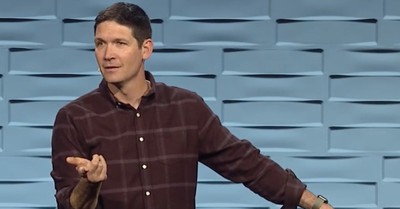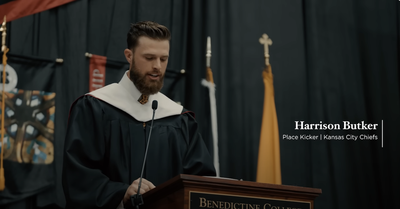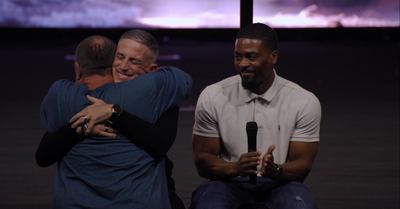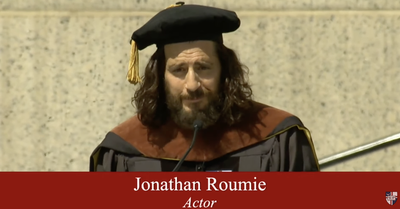Ex-White House Aide Offers Christians 3 Ways to Engage in Politics without Losing Friends
- Michael Foust CrosswalkHeadlines Contributor
- Published Feb 20, 2024
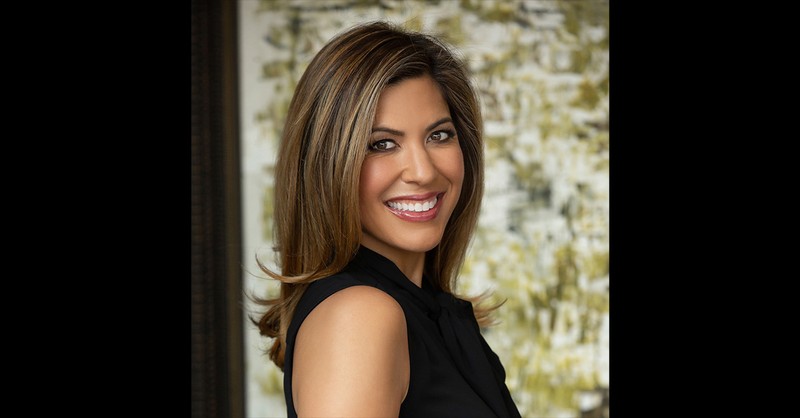
A political commentator who formerly served in the White House says Christians too often lose not only their joy but also friends when discussing politics – and that there is a better path forward.
Denise Grace Gitsham, a former Republican candidate for Congress who served in the George W. Bush administration, told Christian Headlines that politics too often divides friends and family members, including individuals within the body of Christ. Gitsham, herself a Christian, is the author of the new book Politics for People Who Hate Politics: How to Engage without Losing Your Friends or Selling Your Soul.
“So often when Christians engage in politics, they lose their joy, which is the hallmark of the Holy Spirit,” she said. “Scripture says speak the truth in love. If love was the same thing as truth, then that would be a redundant statement.”
Christians can speak the truth in love, she said, without being “soft on the truth.”
“Unity does not mean conformity. I am one of the most conservative people you will ever meet on policy,” she told Christian Headlines. “But conservative does not equal mean.”
Gitsham offered three ways Christians can engage with those they disagree with on politics.
First, she said, establish biblical motives before the conversation starts. The goal is not to “win” a debate.
“If you establish at the outset of a conversation that your desire is to love this person and preserve the relationship or establish one – because that is your job, that is your number one responsibility as a Christian – then you will have a different way of engaging from the outset. It's not a life-or-death battle,” she said. “You know that God's in charge. You can speak your piece, and you can move on, because you're not looking for validation of who you are and the need to be right from anyone other than God. You don't need somebody else to make you feel okay.”
Second, she said, engage the conversation with “humility and curiosity.”
“One thing that I've learned in my time in politics is that I have a perspective on the truth that is never the full perspective. We will never see the full perspective until we get to heaven,” she said.
Although there is only one truth, she said, there are “different perspectives” on the truth “based on our background and based on how we were raised, what we've experienced in life.”
“When somebody says something that strikes you as wrong or off, the best question to ask is: ‘Tell me more. Why do you believe that?’ That not only helps establish that relationship, but it also expresses care and love for the person. And it will probably defang the conversation on both sides. Because you're not just coming back with ignorance as to what perspective they're coming from, or why they're saying what they're saying. You actually get a chance to love that person where they are, even if you disagree with the outcome.”
Third, she said Christians must make “honorable assumptions” about the person instead of assuming the “worst-case scenario.”
“We're not naïve – we're just saying, ‘We're going to choose to see these people the way God sees them. We're going to presume that they're coming with something legitimate to say.’ And whether you end up with them, or on a different side, you're gonna have a whole new understanding of the situation. And maybe it might even make you more effective in what you're advocating for.”
It’s essential, she said, that Christians see their political enemies as “somebody that Jesus died on a cross for.”
“We're not going to lose our joy.”
Photo credit: Courtesy of Bethany House
Michael Foust has covered the intersection of faith and news for 20 years. His stories have appeared in Baptist Press, Christianity Today, The Christian Post, the Leaf-Chronicle, the Toronto Star and the Knoxville News-Sentinel.






